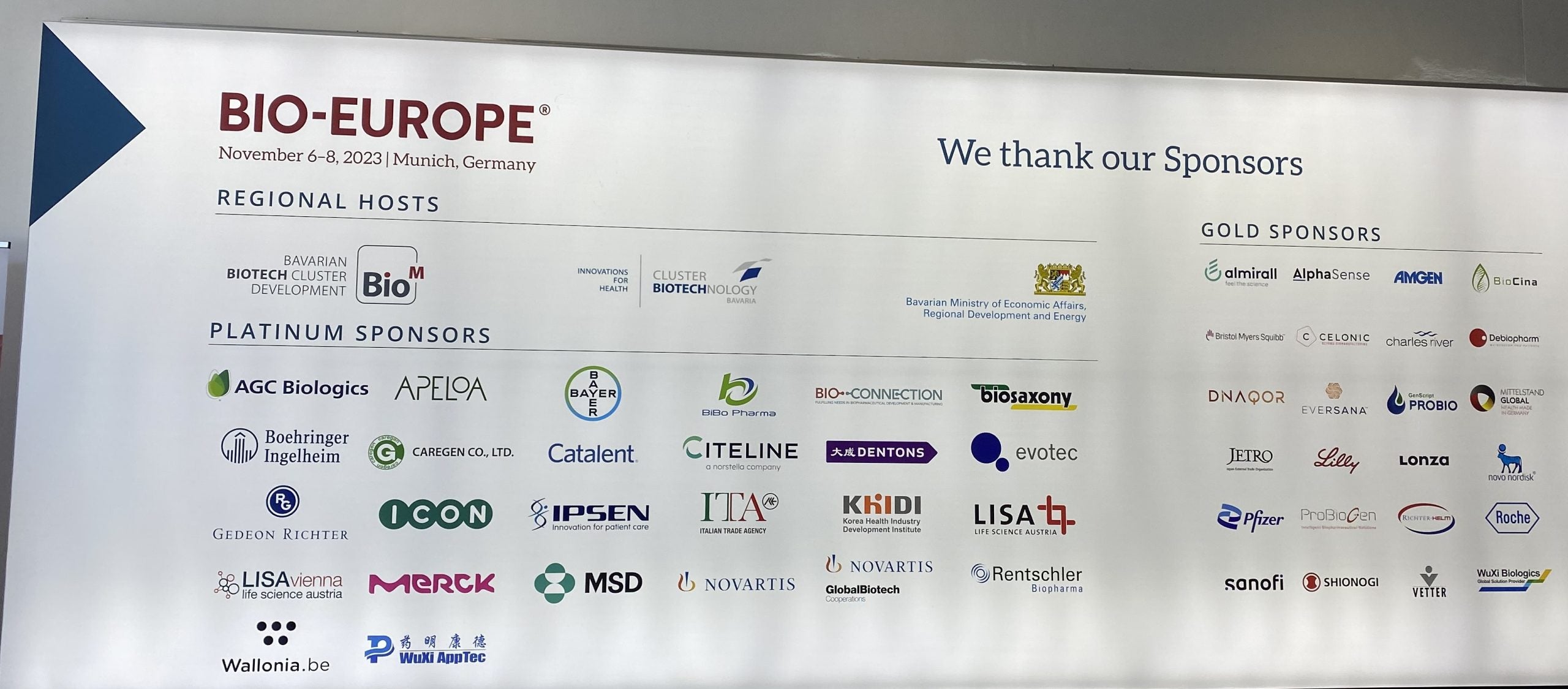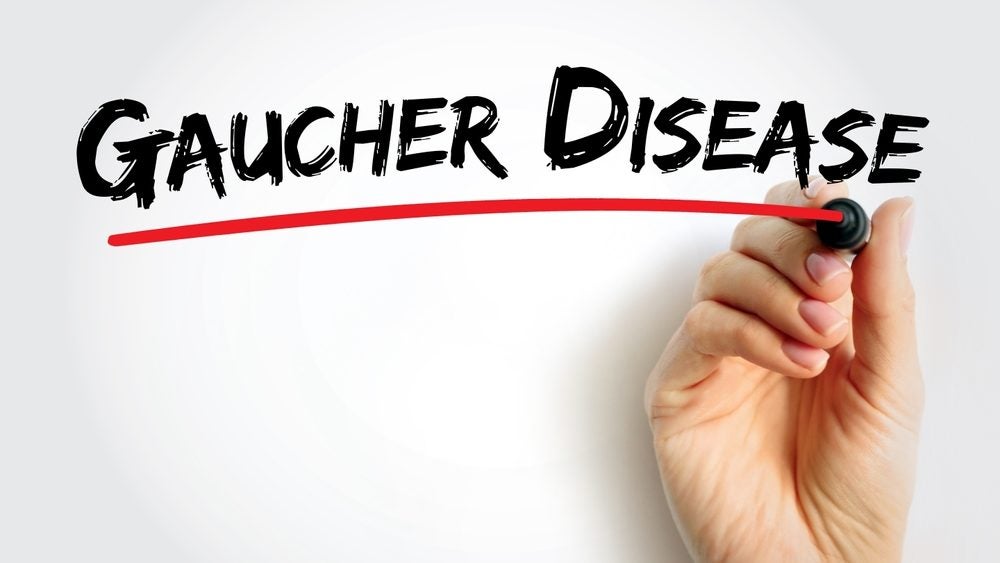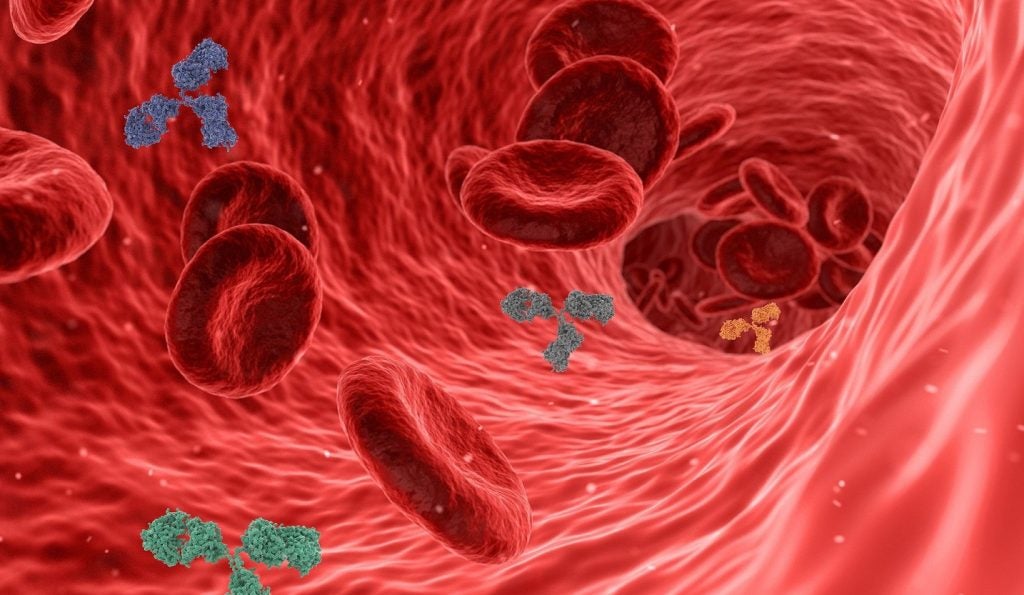
While the number of cell and gene therapy approvals continues to increase, negotiations with payers and regulators for reimbursement in different European countries have proven to be difficult, say experts.
At a panel at the ongoing BIO-Europe 2023 conference, experts also said new legislations in Europe are creating barriers to cell and gene therapy access in Europe while there is also increasing competition from China and the US.
Lutz Bonacker, CSL Behring’s general manager of commercial operations in Europe, said that the challenge lies in assessing the value of cell and gene therapies that are often only delivered to patients once but can have lasting effects for many years. CSL Behring’s haemophilia B gene therapy Hemgenix, which was approved by the European Commission in February, can be administered only once.
Lutz said that unless this is figured out it would hinder patients’ access to new therapies. The current standard involves a list price and very large rebates, but Bonacker said this method is unlikely to continue as more cell and gene therapies are marketed. One possible approach is for the current one-time payment to be divided into annual payments, but the challenge lies in predicting how long a therapy’s effects may last, as extensive long-term data does not yet exist for cell and gene therapies, he adds. Bonacker says that companies may need to make efficacy guarantees.
Moreover, there is a growing gap in cell and gene therapy innovation between Europe and other major markets like the US and China, said Miguel Forte, the CEO of an early-stage cell therapy biotech Kiji Therapeutics. According to a 2022 report from the European Federation of Pharmaceutical Industries and Associations, R&D expenditure is growing fastest in China with a compound annual growth rate of 5.78%, compared to a joint 3.75% in the EU, UK and Switzerland. Forte said the new proposal from the does not help attract more R&D in Europe, for cell and gene therapies and elsewhere.
Against this backdrop, European Pharmaceutical Legislation (EPL) proposes an incentive in which companies gain an extra two years of intellectual property data protection if they launch their therapy across all EU countries within two years of each other. However, Forte said this may lead smaller biotechs to focus clinical development in other markets first as they cannot afford such a large initial launch. Also, meta-capital has become more scarce in Europe, resulting in a less-attractive landscape for biotechs, said Daniel Forler, the director of business development at Bayer Pharmaceuticals, also said that. The additional cost would not be “reasonable” for many biotechs, he added.
How well do you really know your competitors?
Access the most comprehensive Company Profiles on the market, powered by GlobalData. Save hours of research. Gain competitive edge.

Thank you!
Your download email will arrive shortly
Not ready to buy yet? Download a free sample
We are confident about the unique quality of our Company Profiles. However, we want you to make the most beneficial decision for your business, so we offer a free sample that you can download by submitting the below form
By GlobalData





